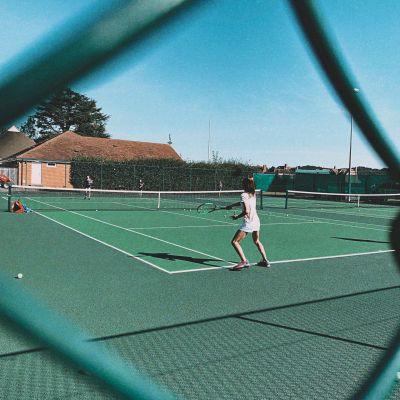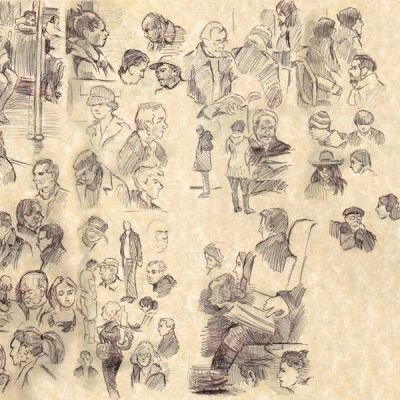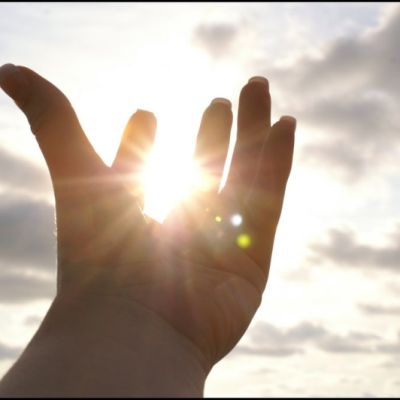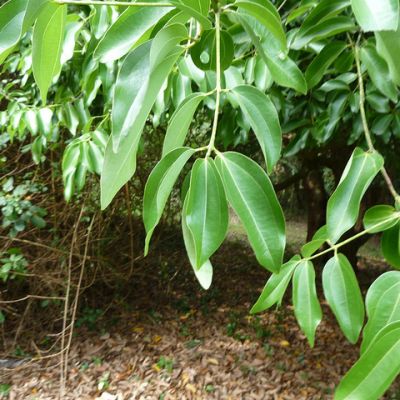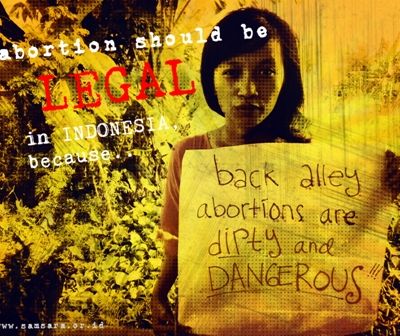Categories
Loving sex has only opened doors for me to know more about the world and myself. It helps me love and appreciate myself more and also, to a fair bit, tolerate this hypocritical and violent world. It gives me hope.
I discovered that tennis is not only about having the privilege to buy a racquet and specialised tennis shoes and access a tennis court. It is also about how one performs and expresses oneself, requiring players to follow a particular aesthetic that enforces gender binaries.
As Sontag points out, camp is a mode of enjoyment, not judgment. It is intrinsically generous, and is a form of love for human nature, it relishes the awkward intensities of character. Central to camp is a tenderness of feeling and love that has gone into certain objects and personal styles.
I was a shy kid, coming into my element only at home with my sister. I didn’t like being at social gatherings; large groups of peers or family made me go back into my shell. I never thought this would change, but like everything else, it did. I was surprised to find myself becoming a very sociable young adult, creatively inclined, and the life of any party.
And that is sadly the case with so many women. Speak of exercise and nutrition as a path to wellbeing and self-care, sure. They will read Prevention and Health type of magazines, employ a personal trainer, go to a yoga class, or follow a dietician’s advice. But speak to them of yoni eggs, masturbation and self-pleasure, and you are suddenly not speaking a language they understand!
I was speaking with my friend, Priya[1], about her health issues. She is fifty, unhappily married with an uninspiring sex…
Our body is home. We exercise, we eat right. We adorn it with jewels and tattoos. We live well and breathe easier if our home (our body) is clean, fed and rested. Come home to yourself. Masturbation is one of the easiest ways home.
It could be your best friend, a partner, a sister or a parent. Hurting and getting hurt seem to form the basic universal nature of relationships. I have always wondered about why we like creating these connections, and why we need this social network.
According to the communiqué released by the games authorities, she did not possess the sexual characteristics of a woman. She had therefore been disqualified, and would be stripped of her medal. Hearing this, Santhi fell into a state of utter disbelief.
Cinnamon Gardens, looking back on the early twentieth century, reveals the trauma of queer lives, in a country where queerness, family and the state are still irreconcilable with each other.
However elusive the combination of safety and adventure, it’s a framework I find terribly useful. It helps me understand much of life, including spirituality and sexuality, and what the two might have in common.
However elusive the combination of safety and adventure, it’s a framework I find terribly useful. It helps me understand much of life, including spirituality and sexuality, and what the two might have in common.
I want it, I got it. Right? Except, what I often get is some approximation of erotic pleasure, which has more to do with my own conditioning about what good sex looks like, and little to do with my body’s erotic mechanisms. This very peculiar condition is often lumped under ‘sexual frustration’, when it should really be addressed under safety.
Stencil art on the streets of Yogyakarta to voice rights to safe abortion for women in Indonesia.


